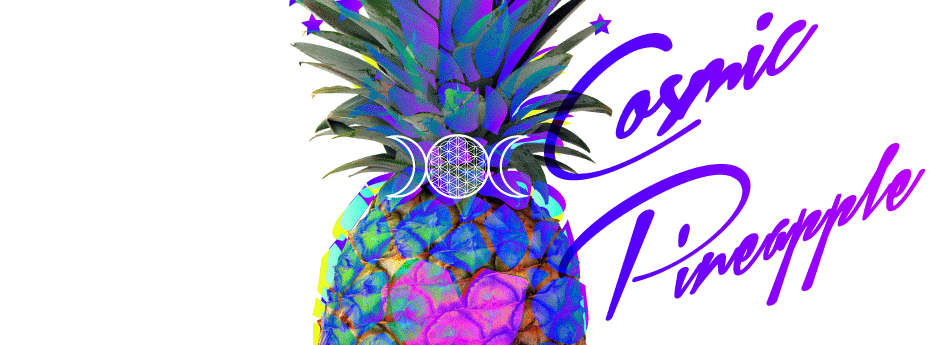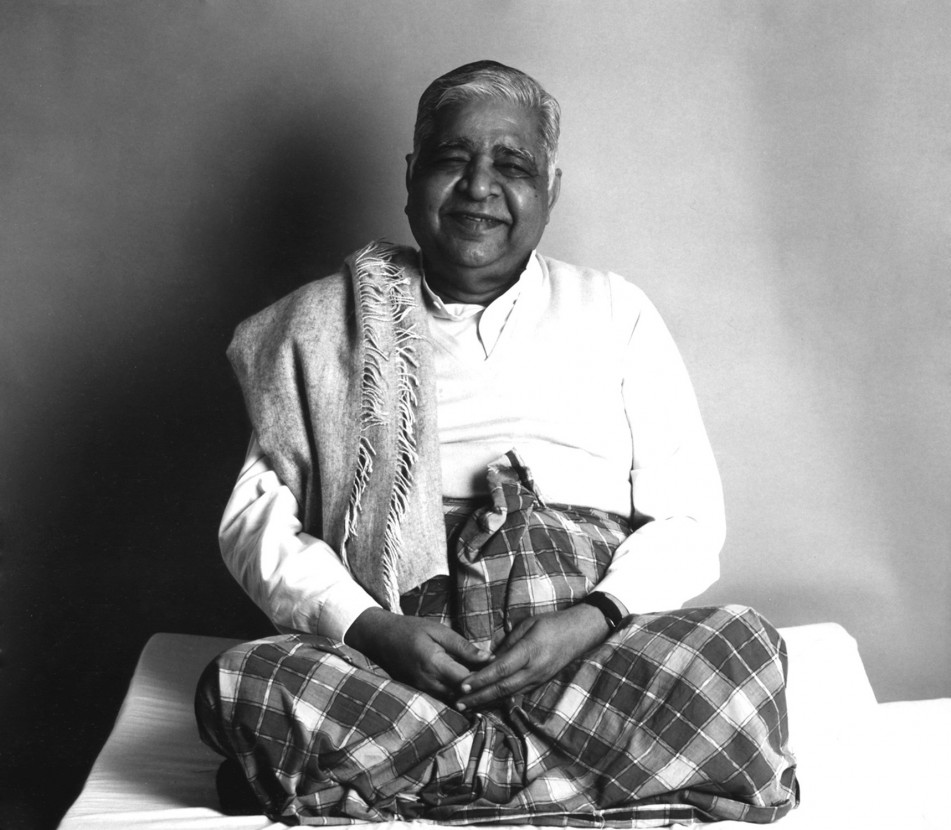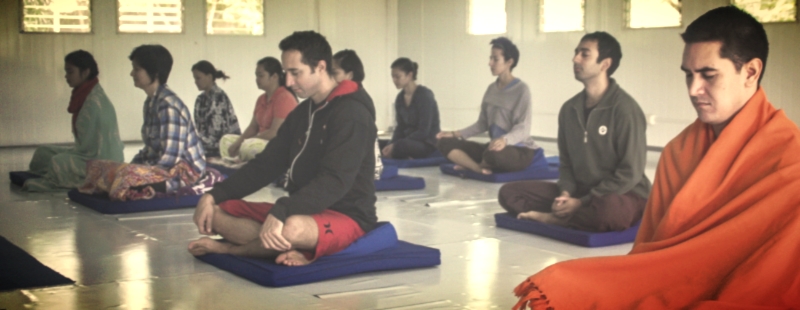“Earlier this year I went on a 10-day journey of silence, pain and anguish all in the name of personal development.” – Don’t Lose The Magic creator, Marcus Barnes, describes his experience and learnings from a Vipassana retreat.
Vipassana is the name of this gruelling journey of self-exploration and acceptance. If you don’t know what Vipassana is, in short it’s a meditation technique that helps you work towards releasing the angst that you accumulate through everyday life, and to work through what Vipassana teachings define as the two main causes of all human suffering; craving and aversion. To put it simply, the notion is that we either constantly yearn for things, or we are constantly averse to things. For example, wanting to be happy, not wanting to be hurt, wanting to be in love, not wanting to be alone, wanting food, not wanting hunger… and all of the smaller, subtle cravings and aversions that control us every single moment of our lives and can be extremely detrimental to our mental wellbeing. Vipassana helps us to be present in the sensations that arise from craving and aversion, to observe them and, ultimately, neutralise them.
The technique has been in existence since the time of Buddha, and it was he who is said to have put his own twist on it and developed the amazing process it is now. The man who proliferated Vipassana around the world in its current form is the late, great S.N.Goenka (main feature image) whose schools have trained millions of people in the technique.
‘So, wasn’t it difficult being silent for 10 days?!’, the No.1 question everybody asks me when I tell them about it. The answer is no. I like silence, I enjoy not talking, I think one of the most beautiful shared experiences one can have with another human being is to sit and enjoy a comfortable silence. Besides, everybody else on the course has taken a vow of silence too, so there’s no way you could feel bad or struggle with not talking if everyone else is also keeping a lid on it. Within minutes of the first gong being rung and silence descending everyone automatically gets on with it and learns to co-exist without talking, gesturing or even making eye contact. It’s not that difficult, humans are very adaptable and intuitive and, in my opinion, we probably don’t need to talk as much as we do.
I could easily go overboard when writing about my experience at Vipassana because, as you can imagine, a hell of a lot happens in the space of 10 days, but I want to try to be brief and just share some realisations here and also explain how Vipassana has integrated into my life six months after I went on the course.
Realisations
It takes a long while for your mind to calm down
This won’t be a surprise to anyone reading, but, my word… I thought I was relatively calm and controlled, however my mind did a great job of proving to me that I am very far from either of those things. Sitting still and focusing on the tiny area around the entrance to your nostrils for three days solid put paid to that. Anger, frustration, tears, self-harm, extreme boredom, self-loathing, loathing of the teachers and other meditators around you, regret… all of these feelings, and more, terrorised me for the first few days and will probably do the same to you.
Nothing can prepare you for Vipassana
You might meditate for an hour a day every day. You might try to be as mindful as you can in every aspect of life. You might even believe you are the most mindful, peaceful, enlightened person ever, present in every action you make and highly conscious… if you’ve never done it before, there aren’t many existing practices that will truly prepare you for Vipassana. So sit, focus and just get on with it as best you can and try to forget anything you’ve learned from other techniques for the duration of the course.
Expectation is the enemy of progress
Following on from the above, try not to read too many pieces like this for a start! Everyone’s experience is different and it’s unfair to put any expectations on what you’re about to encounter. You really cannot control it or dictate what will come up and when or why it even came up… If anything comes up at all. As with a lot of these things, trying to force it or refusing to surrender to whatever the technique will trigger in your subconscious is futile and will render the experience useless.
It’s incredible how spiteful our own minds can be
I knew I beat myself up a lot. We all do it. But the extent to which I was terrorised by my own cruel mind was actually very shocking and was a big part of my Vipassana learnings. If there was one thing I took away from the experience, it’s to allow myself to be human and stop bullying myself. The mental anguish I experienced outweighed any physical pain by a country mile. Unbelievably horrific.
There are a lot of people who want to work on themselves
It’s both encouraging and slightly depressing that there are so many people who feel the need to check themselves in for Vipassana. Depressing because, personally speaking, it seems as though the human condition hasn’t changed much in the last few thousands years. We still suffer from the same issues we dealt with all that time ago, when Buddha was alive, I’d hazard a guess that it’s even worse actually. It’s a shame we don’t seem to be making much progress when it comes to mental wellbeing. Encouraging though, to see so many people from all different ages, genders, ethnic and economic backgrounds working on themselves. All the work we do benefits the world as a whole.
Life feels both beautiful and difficult in the days that follow
The clarity of everything post-Vipassana was deeply satisfying initially. I loved doing everything feeling sharp and focused with a renewed zest and less fog in my head. Able to communicate with way less distraction, able to enjoy the sky, the clouds and everything around me with what felt like HD sound and vision. Calm spread from my inner to my outer body and it was blissful. I’d softened massively. At the same time though, it can be overwhelming, especially when returning to a big noisy city like London. I found I had a headache and felt oversensitive to sounds in particular. Also be aware that it might be a bit tricky coming home your loved ones and trying to communicate what you’ve been through… so try your best to give yourself a soft landing.
We carry an obscene amount of baggage around with us
Quite obvious, but there are so many things that we have buried deep within our subconscious that affect us on a daily basis without us even knowing, it’s frightening. We all carry these inadequacies, these horrible little thoughts, these wants and needs that manifest themselves on the surface, unconsciously most of the time. Subtle little things that we don’t even acknowledge because they’re so inherent in our behaviour. Vipassana allows us to let go of these so-called ‘sankaras’, whether they’re attached to good or bad things, and enjoy a relaxed, stress-free, less-reactive lifestyle.
It’s not about becoming enlightened
Aiming for a goal, such as becoming enlightened or something profound, is not the correct way to approach Vipassana. Simply take each step as it happens, experience it, be present in it and allow it to play out as it is. Playing into that destructive human flaw of being motivated by a target or an end point, will be counterproductive. There should be no wish to become enlightened, in my opinion. Just a constant determination to sit, and sit, and sit, to observe, observe, observe and to carry on sitting and observing at every single opportunity you have. The only way to get anywhere is to adhere to this simple instruction and you will be reminded of this many times during your stay.
Vipassana works best if you remain dedicated and determined
Even though you’ve made the commitment to go and spend 10 days or more at the retreat (there are 30 and 45-day courses also available), once you’re there you must see it out to the very best of your abilities. Make use of the time you have there, because you won’t get it back and you certainly won’t be able to carry on the practice as deeply as you can when you are there. By the same token, don’t force yourself to overdo it. I slept when I needed it, which I initially felt a bit guilty about. Ultimately though, I’d rather rest and give the one-hour sittings my full energy, than fall asleep mid-meditation. After the course be sure to keep meditating as often as possible, an hour in the morning and an hour in the evening should suffice according to the teachings. This is easier said than done though.
Conclusion
So six months on how am I doing? I would say that I am a little better than I was pre-Vipassana. I wasn’t hoping for a “cure”, especially not in 10 days. I would love to visit the retreat twice a year to keep myself sharp, but with my lifestyle that is not highly unlikely. For now I meditate as often as I can, and try to stay true to some of the principles of the technique. Always keeping in mind that I am not perfect, nor should I be disappointed in myself if I don’t manage to be as dedicated as I would like to be. My inner angst has ever so slightly diminished. I told a friend that I feel like I’ve gained a millisecond. It’s not much, and it varies from day to day, but Vipassana has helped to dig out a few issues right at their very root. What pleases me most is that I am able to sit and meditate for half an hour without any need for guidance, without fidgeting, without anything… and that is a priceless result of my stay at the Vipassana centre.
Beyond that, there isn’t much more I would like to say apart from adding that it has been one of the most important things I have ever done in my life. Not because I am now ‘healed’ or ‘cured’ of my various complexes but because it has helped to shave off some of the prickly bits that surrounded my inner self. Whereas before, I was wrapped up in layers of angst, hard layers that refused to budge and sometimes created an impenetrable armour around me, now I am a little softer, just a little bit, but enough to make a difference to me and those closest to me. As I said, not always but sometimes. Most people wouldn’t even notice it, but I can feel it and that’s what’s important. Perhaps you might feel the same way if you do it, or have an even more profound experience, who knows. Give it a try…
This post was written by Marcus Barnes


